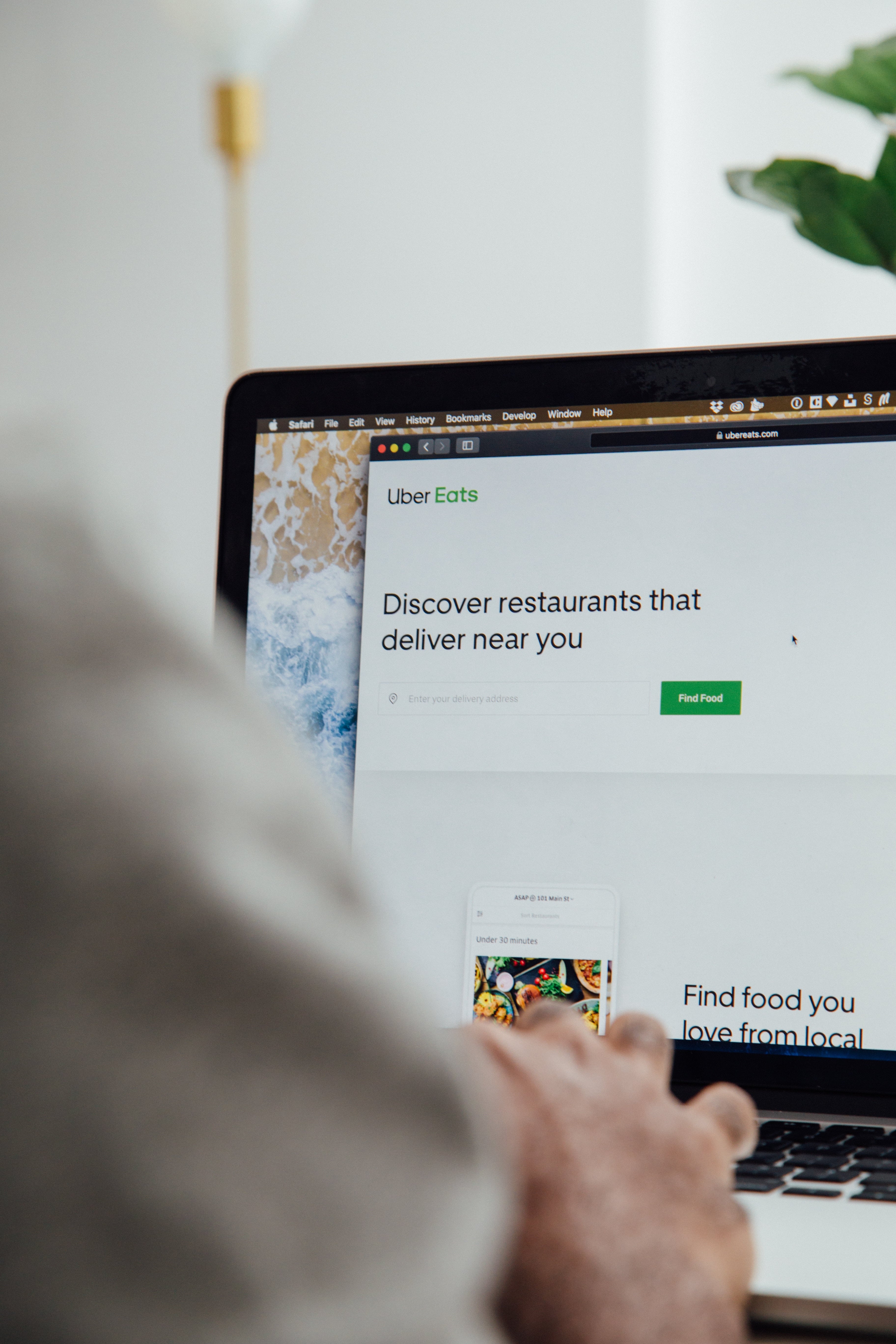Migrants are being exploited by food app couriers in France

With the rise of Uber and Deliveroo, food delivery has become a multibillion-euro business. While the battle to capture markets and consumers is under way, this competition has squeezed pay for couriers—some of whom are being taken advantage of. In France, some couriers who are registered on food delivery apps, are renting out their accounts. The cyclists who are actually doing the deliveries are often illegal migrants, asylum seekers, and underage teenagers—all groups who are willing to work long hours for low wages, despite adverse traffic and weather conditions.
IZA World of Labor authors Kathryn H. Anderson and Zhen Huang have written on the topic of whether immigrants can ever earn as much as native workers. In their article, they note: “Immigrants contribute to the economic development of the host country, but they earn less at entry and it takes many years for them to achieve parity of income. For some immigrant groups, the wage gap never closes.” They add: “Employment in some sectors of the economy is not open to immigrants. For example, public sector employment is restricted for immigrants. This restriction reduces job choices and occupational status for immigrants and affects wage and employment assimilation.”
The couriers who “lease” their accounts take between a 30% and 50% cut of the earnings and arrange the deals either on the street or through chats on Facebook, WhatsApp, and Telegram. So far, these deals have unfolded on a small scale among the roughly 20,000 food delivery couriers in France. Jean-Daniel Zamor, president of the Independent Deliverymen’s Collective in Paris, a group that works on labor issues for couriers, commented: “These jobs have become more precarious. The fact that there is less money from the platforms has pushed poor people to outsource to people even poorer than them.”
Deliveroo have issued a statement in which they say they have “a zero-tolerance approach on this matter” and take it “extremely seriously, including fully investigating any concerns that may arise.” Uber Eats have also said that they don’t tolerate illegal or underage work and they have 100 employees in France performing spot checks.